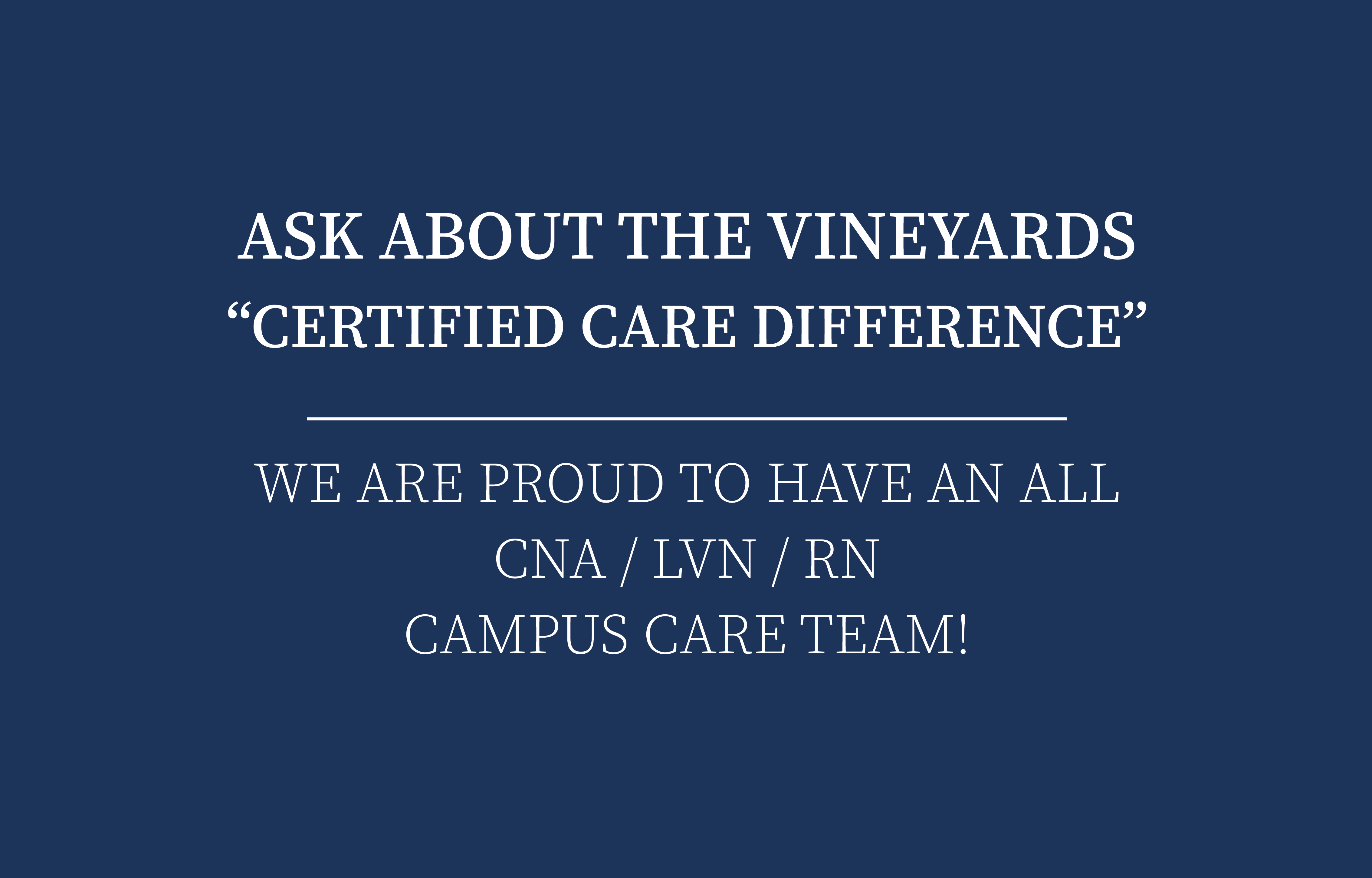Shop Smart & Stay Healthy
When it comes to your heart, what you eat matters. Follow these tips for heart-healthy eating:
- Eat less saturated fats. Cut back on fatty meats and high-fat dairy products. Limit food like pizza, burgers, and creamy sauces or gravy.
- Cut down on sodium (salt). Read the Nutrition Facts label and choose foods that are lower in sodium. Look for the low-sodium or “no salt added” types of canned soups, vegetables, packaged meals, snack foods, and lunch meats.
- Get more fiber. Eat vegetables, fruits, beans, and whole grains to add fiber to your diet.
Take this list with you the next time you go food shopping.
Vegetables and Fruits
Eat a variety of vegetables and fruits. Buy vegetables and fruits that are fresh, frozen, canned, or dried.
- Fresh vegetables like tomatoes, cabbage, and carrots
- Leafy greens for salads, like Romaine lettuce, spinach, and kale
- Canned vegetables that are low in sodium
- Frozen vegetables without added butter or sauces, like broccoli or cauliflower
- Fresh fruits such as apples, oranges, bananas, pears, and peaches
- Canned, frozen, or dried fruit without added sugars
Farmers markets are great places to buy vegetables and fruits that are in season. Search for a market near you.
Dairy
Look for fat-free or low-fat options.
- Fat-free or low-fat (1%) milk
- Fat-free or low-fat plain yogurt
- Fat-free or low-fat cheese
- Fat-free or low-fat cottage cheese
- Soymilk with added calcium, vitamin A, and vitamin D
Breads, Cereals, and Other Grains
For products with more than 1 ingredient, make sure whole wheat or another whole grain is listed first in the ingredient list. Look for products that say 100% whole grain.
- Whole-grain bread, bagels, English muffins, and tortillas
- Whole-grain hot or cold breakfast cereals with no added sugar, like oatmeal or shredded wheat
- Whole grains, like brown or wild rice, quinoa, or oats
- Whole-wheat or whole-grain pasta and couscous
Protein Foods
Choose a variety of foods with protein.
- Seafood: fish and shellfish
- Poultry: chicken or turkey breast without skin, lean ground chicken or turkey (at least 93% lean)
- Pork: leg, shoulder, or tenderloin
- Beef: round, sirloin, tenderloin, or lean ground beef (at least 93% lean)
- Beans and peas, like kidney beans, pinto beans, black beans, lima beans, black-eyed peas, garbanzo beans (chickpeas), split peas, and lentils
- Eggs
- Unsalted nuts and seeds
- Nut butters, like almond or peanut butter
- Tofu
Fats and Oils
Cut back on saturated fat and look for products with no trans fats. Choose foods with unsaturated fats like seafood, nuts, seeds, avocados, and oils.
- Margarine and spreads (soft, tub, or liquid) with no trans fats and less saturated fats than butter
- Vegetable oil (canola, corn, olive, peanut, safflower, soybean, or sunflower)
- Non-stick cooking spray
- Lower-calorie mayonnaise
- Salad dressings that are oil based
Avoid coconut, palm kernel, and palm oils, which are all high in saturated fat.


